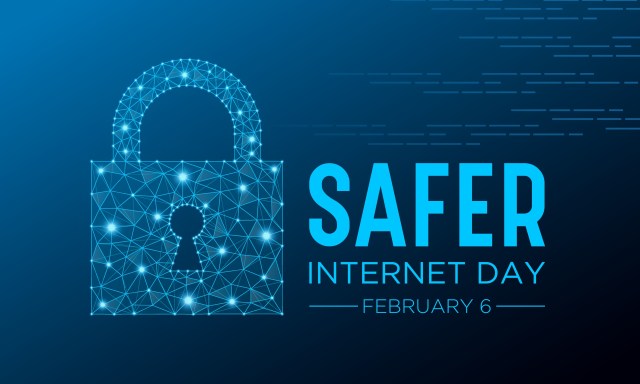Safer Internet Day on February 6 serves as a timely reminder for individuals to protect their personal information and overall safety while navigating the digital landscape. With the increasing prevalence of cyber threats and the potential for data breaches, it is essential for users to take proactive measures to safeguard themselves online.
One of the key aspects highlighted by cybersecurity experts is the significance of strong passwords in preventing credential theft. Christopher Budd, director of threat research at Sophos X-Ops, emphasizes the importance of using unique passwords for different websites and implementing multifactor authentication as vital steps in enhancing online security. This precautionary approach serves as a crucial defense mechanism against cybercriminals seeking to exploit stolen login credentials.
The prevalence of compromised credentials as the primary root cause in cyberattacks further underscores the critical role of robust password management. Sophos X-Ops found that in the first half of 2023, compromised credentials were the most common entry point for cybercriminals, with stolen login details being utilized in over half of the incidents remediated by Sophos Incident Responders. This statistic reflects a 26% increase compared to the previous year, highlighting the growing risk posed by compromised passwords.
In addition to password protection, individuals are advised to exercise discretion when sharing personal information online. The power of saying ‘no’ to unnecessary data requests is emphasized as a fundamental practice in protecting sensitive information from potential exploitation. By limiting the dissemination of personal data, individuals can mitigate the risk of inadvertent disclosure or theft of their information.
Furthermore, a comprehensive approach to online safety involves adopting additional cybersecurity measures to reinforce overall protection. These measures include exercising caution when clicking on links, ensuring regular updates for all applications, apps, and devices, investing in effective security software, and treating unsolicited communications with suspicion.
The cumulative effect of these fundamental cybersecurity practices, including the maintenance of strong passwords, prudent data sharing practices, and proactive measures to enhance online security, collectively contribute to creating a safer online environment for individuals. As the digital landscape continues to evolve, prioritizing cybersecurity best practices and remaining vigilant against potential threats are essential for individuals to safeguard their personal information and overall online safety.


